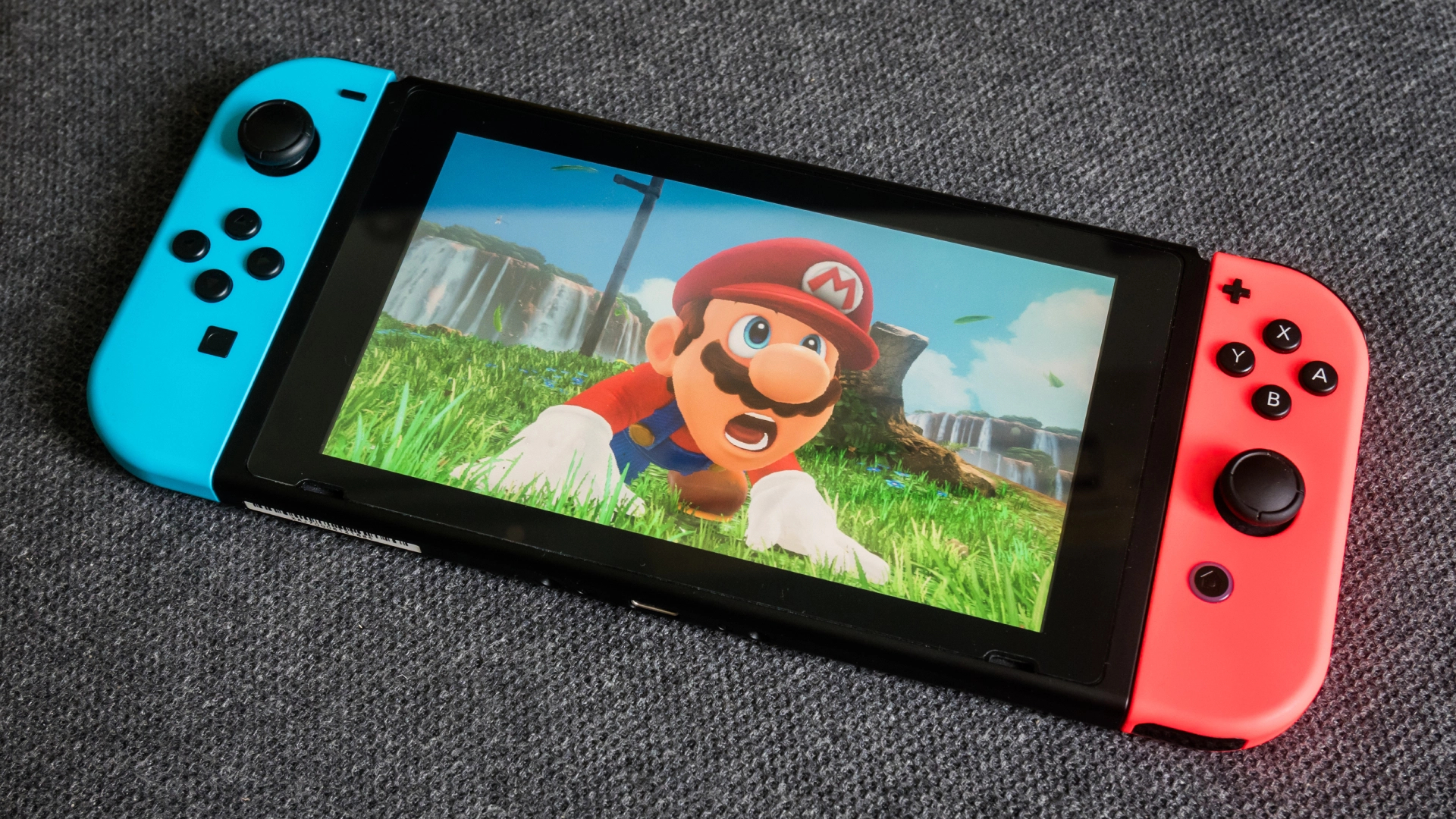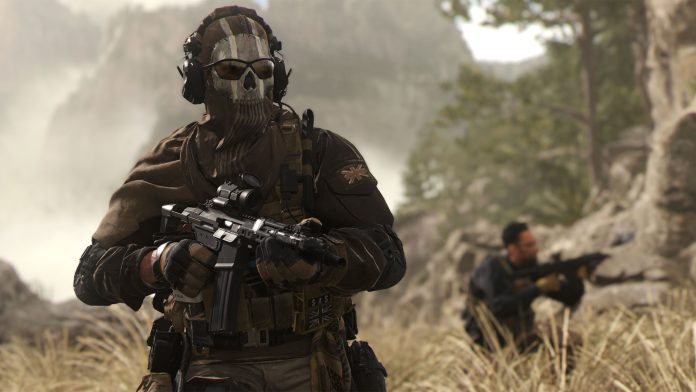A report from the UK government’s Competition and Markets Authority (CMA) has concluded that the Nintendo Switch is not “technically capable” of running Call of Duty.
The CMA claimed that the Nintendo Switch cannot run Call of Duty “with a similar quality of gameplay as Xbox or PlayStation” in a recent report aiming to assess the ramifications of Microsoft’s anticipated acquisition of Activision Blizzard, as well as the tenability of the recent historic deal between Microsoft and Nintendo where the former pledged to bring Call of Duty to Nintendo consoles.
The CMA is a UK government department which seeks to promote competitive markets in a manner analogous to the Federal Trade Commission (FTC) in the United States. Their analysis of the viability of Call of Duty on Nintendo hardware comes as a result of the recent legal agreement between Microsoft and Nintendo which commits to “bring[ing] Call of Duty to Nintendo Players – the same day as Xbox, with full feature and content parity.”
This deal is a significant part of Microsoft’s efforts to allay concerns raised by the FTC that their acquisition of Activision Blizzard would breach United States anti-trust laws by preventing Nintendo and PlayStation from competing in the video games market by withholding access to the wildly popular Call of Duty franchise.
Though this deal is definitely a step towards building a case in the impending FTC lawsuit, the CMS’s findings suggest that bringing Call of Duty to Nintendo consoles may simply be impossible from a hardware standpoint. Of course the release of a more powerful Nintendo Switch 2 could change this, but, as it stands, it looks like Nintendo may simply lack the hardware to take advantage of its deal with Microsoft. After all, “full feature and content parity” is the goal and, without adequate hardware, it seems unlikely that Nintendo will be in a position to provide either.
Trust issues

The CMA’s diagnosis of the Nintendo Switch’s hardware limitations puts a damper on Microsoft’s efforts to reassure the FTC that its acquisition of Activision Blizzard does not breach antitrust laws.
In its report, the CMA asserts that Call of Duty is “important to the competitive offering of [Xbox and PlayStation].” It continues by contending that: “Microsoft would find it commercially beneficial to make [Call of Duty] exclusive to Xbox or available on Xbox on materially better terms than on PlayStation. We provisionally found that this would substantially reduce competition in gaming consoles to the detriment of gamers… which could result in higher prices, reduced range, lower quality, worse service and/or reduced innovation.”
The FTC’s lawsuit is founded around a similar set of concerns. Should Microsoft fail to allay these concerns in court, it is likely that the acquisition of Activision Blizzard will be blocked; dealing a significant blow to the company. This is most likely why Microsoft reached out to Nintendo to sign their Call of Duty agreement. Failure to deliver on this agreement would undermine Microsoft’s efforts in the lawsuit and potentially land the company in choppy waters.
All eyes are on Microsoft and Nintendo as we wait to see what steps, if any, either company will take in order to preserve their Call of Duty deal.


















